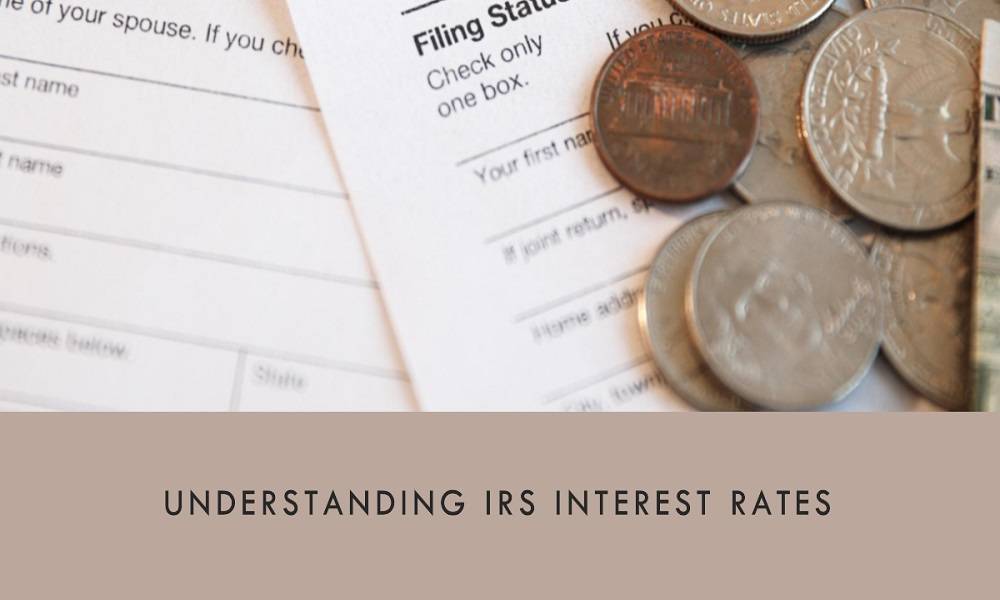How Much Interest Does the IRS Charge

The Internal Revenue Service (IRS) is a government agency responsible for the collection of taxes and enforcement of tax laws in the United States. If you owe the IRS money and fail to pay by the tax deadline, the IRS will charge interest on the unpaid balance. The interest is compounded daily and can significantly increase the amount you owe if you do not pay your taxes in a timely manner.
Determining the Interest Rate
The IRS interest rate is determined on a quarterly basis and is the federal short-term rate plus 3 percent. This rate is set each quarter based on the federal short-term rate, which fluctuates with the market. The current rate is available on the IRS website. As of my knowledge, the IRS interest rate for underpayment was 3 percent.
It is important to note that the interest rate may change quarterly and can increase or decrease based on fluctuations in the federal short-term rate. Therefore, it’s always a good idea to check the current rate if you owe money to the IRS.
When Does the IRS Start Charging Interest?
Interest begins accruing from the due date of the return (usually April 15th for individual taxpayers) until the date of payment. The interest applies to any unpaid tax from the due date of the return until the date of payment. The interest is compounded daily.
Penalties and Interest
In addition to charging interest, the IRS also imposes a failure-to-pay penalty if you owe tax and do not pay on time. The late payment penalty is 0.5% (1/2 of 1 percent) of the additional tax owed amount for every month (or fraction thereof) the owed tax remains unpaid, up to a maximum of 25%.
If both a failure-to-file and a failure-to-pay penalty apply in the same month, the maximum amount charged for those two penalties that month is 5 percent.
Ways to Avoid IRS Interest
The best way to avoid IRS interest and penalties is to file your tax return and pay any owed taxes on time. If you can’t afford to pay your tax bill all at once, the IRS offers payment plans and installment agreements that allow you to pay over time.
It’s also important to consider seeking advice from a tax professional if you’re dealing with IRS debt. They can help you understand your options and potentially negotiate with the IRS on your behalf.
Conclusion
Interest charged by the IRS can add a significant amount to your tax bill if you do not pay your taxes on time. Therefore, it’s crucial to understand the IRS interest rate, when it’s applied, and how to avoid these extra charges. Remember, when in doubt, seek help from a tax professional to navigate these issues.









